It was 6 minutes before the start of the round and I was desperately looking at the King’s Indian Gligoric variation on my weak phone engine to find something, anything. It’s not like the line was likely to happen, as my IM opponent could play the English, the London, the Exchange King’s Indian or the other two Gligoric lines where I felt ready, but that last move, it horrified me… Why does it feel like your opponent will play exactly what you’re scared of, and if you don’t solve it then you might as well be showing up to the game naked? This paranoia has taken a hold of modern chess, where your opponents have unlimited access to your past games, and several hours if not days to cook up something special just for you.
Here are the possible outcomes of this paranoia:
The Opening Omelette:
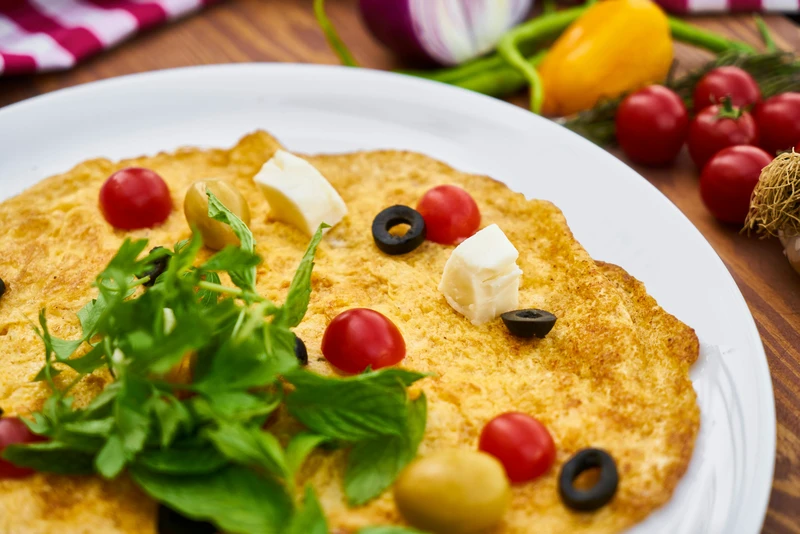
One way to approach this problem is to play a basic setup, something not too spicy and memory-intensive. It won’t blow your opponent’s mind but you’ll get out of the opening alive and ready to show your real skills later. Something as common as the London Opening or the Closed Sicilian, where your opponent can’t surprise you much. Something simple to cook and a guaranteed safe bet. For example:
https://lichess.org/study/XYs88rYg/aOMBrePJ
Playing against one of the greatest theoreticians of his time, Spassky chooses the Closed Sicilian. This wouldn’t have been a surprise to Geller as it wasn’t the first (or the last) time they played this line. Yet Spassky tosses the omelette at Geller anyways. He’s saying that even though there won’t be much of an opening advantage (in fact black has the edge) it won’t matter because his attacking skills will checkmate black in the end. He’s not wrong!
Does this happen to this day? For sure, and at all levels:
https://lichess.org/study/XYs88rYg/vdaC84vw
Consider the context: Magnus is playing for Norway at the Olympiad, and he takes his Olympic games seriously. His opponent is no slouch and will clearly prepare based on Carlsen’s previous games. Yet an omelette can disarm even the most determined opponent who is studying for your Ruy Lopez all through the night. It helps to have a wide opening range like Magnus so that it’s hard to predict exactly which omelette you’ll get. 2 hours wasted on Spanish Exchange, another 2 on the Four Knight Scotch, and your opponent is sleep-deprived already.
Notice that despite London being a generally harmless opening, Ehsan couldn’t handle the slightly worse positions and didn’t manage to castle. After 14.g4 and 15…Rg8 black was already struggling and it only went downhill from there.
Here are some food pics from my travels to whet your appetite:
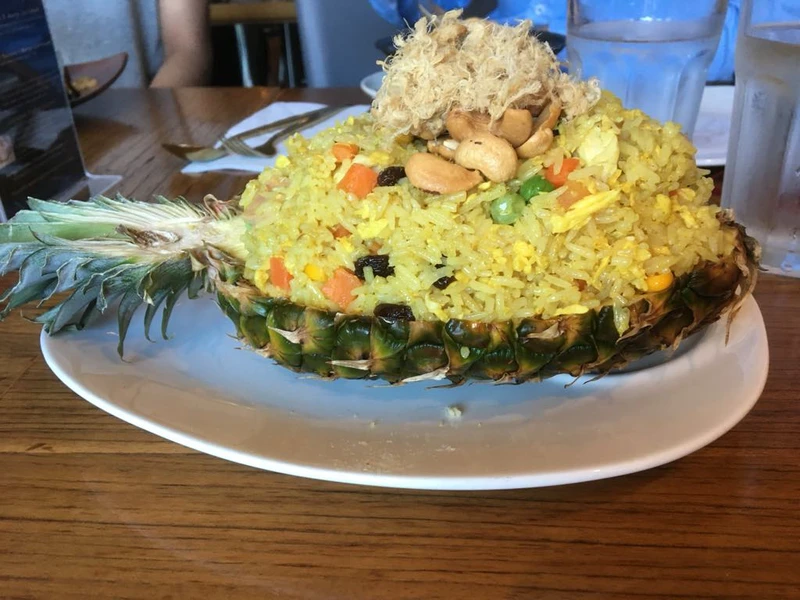
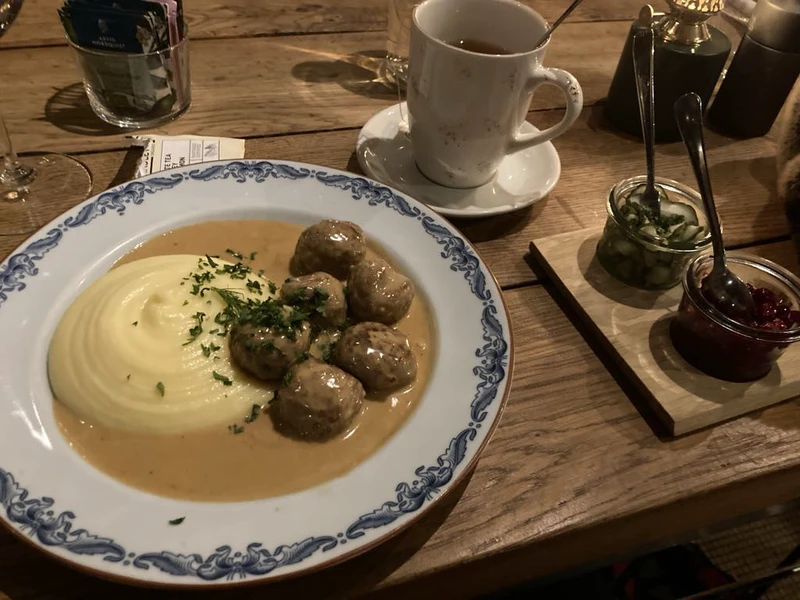
Spicy Jerk Chicken

Some players, especially the ambitious type with lots of time to spare, will prepare something super spicy, not being scared of super complicated long main lines that require a strong memory. The upside is that if all goes well, you will have a large edge on the clock, as your opponent is struggling to find a way out of the variation forest you’ve thrown them into. You’ll be more prepared for the resulting positions which are often unintuitive, requiring concrete moves to make everything work. Keep in mind that spicy jerk chicken is a double-edged sword which can backfire easily, if you mess up the move order, aren’t comfortable with the resulting sharp positions, or if you’re unlucky enough to get a super prepared opponent. Here is what the best-case scenario looks like:
https://lichess.org/study/XYs88rYg/L1kDHpiO
I woke up early that morning and since there was nothing else to do I spent 5 hours preparing this line specifically for my opponent, who played the Horowitz attack as a pet variation against the Winawer. He had previous games that went 12…Qa2 from what I can remember, so I was really excited about the prospect of 12…Nxb4 and 13…Rg6! This was one of the rare games where the opening analysis went right till mate on move 35-40, because the lines were so forcing. Moreover white has to walk a tiny tightrope of only moves starting with 14.Qh8, then 21.Nd4 then 24. Ke4, and a series of precise king moves. The irony is that the whole king-hunt is a draw with best play, but if white finds all those moves, surely he deserves a draw!! Needless to say Christian didn’t find all the moves after 13…Rg6 and already 14. cxb is a decisive mistake. Just knowing that 14. cxb was not the main line convinced me that I should be looking for a win, which arose with 19…Rxd3.
Of course as Bobby Fischer used to say, one day you teach your opponent a lesson and the next day they teach you one:
https://lichess.org/study/XYs88rYg/2lZpBrY3#last
6.c4 really surprised me in the opening, and I had to waste precious time figuring out where the black pieces were supposed to go. The position’s not even that bad objectively but black is a little more squished and white has more attacking potential as the game shows. After the game, Jonah told me that he spent 4 hours preparing this whole line (on a much lower-rated opponent!). He had seen that I played the Guimard Tarrasch quite a bit and found an article showing the ideas of 6.c4 and 7.Nxc4. He considered the main line to be 8…Ne7 9.Na5! Which he analyzed deeply. In that same tournament (Biel 2015) I got paired against GM Benjamin Bok which didn’t fare well for the young kid from Canada…
https://lichess.org/study/XYs88rYg/KYUewsp2
After 9.h4, black has tremendous practical problems and even if I didn’t castle which loses on the spot, the task ahead would be unenviable. Sometimes if you get served Jerk Chicken, there is no turning back! Ambitious players like Jonah and Benjamin are like hunters, they want to catch their prey right from the start without having to chase later on. Here is another spicy opening novelty that blew my mind!
https://lichess.org/study/XYs88rYg/RXUDk89A
The amazing thing about Polugaevsky’s rook sac is that it was long before strong engines, and conceptual in nature as it’s impossible to prepare for all of black’s replies. Torre put up brave resistance but Lev was on a mission that day.
How to digest jerk chicken?
If you feel like you’re being served something well-prepared and spicy, sometimes it’s better to take your opponent out of their preparation with something completely offbeat (and hopefully not totally dubious). Their devastation at not being able to show the full extent of their prep might become their downfall:
https://lichess.org/study/XYs88rYg/cYk0TFaX
After reading a New in Chess article with the 8.c5! suggestion I decided to try it out, only because my opponent repeated this position quite often so I was certain this would happen on the board. Then 8…h6!? made me think for myself, in which I failed that day. All that opening analysis for naught…
https://lichess.org/study/XYs88rYg/rhuB1qko
Here it was my turn to refuse the dish, as my opponent cunningly prepared a gambit that he lost against the day before. I spent 20-30 minutes looking at 6…Ng5 and figuring out how I could resist such a juicy free pawn. But I smelled something fishy and decided to refuse with 7.Nh4 and the concept of a kingside attack with f4.
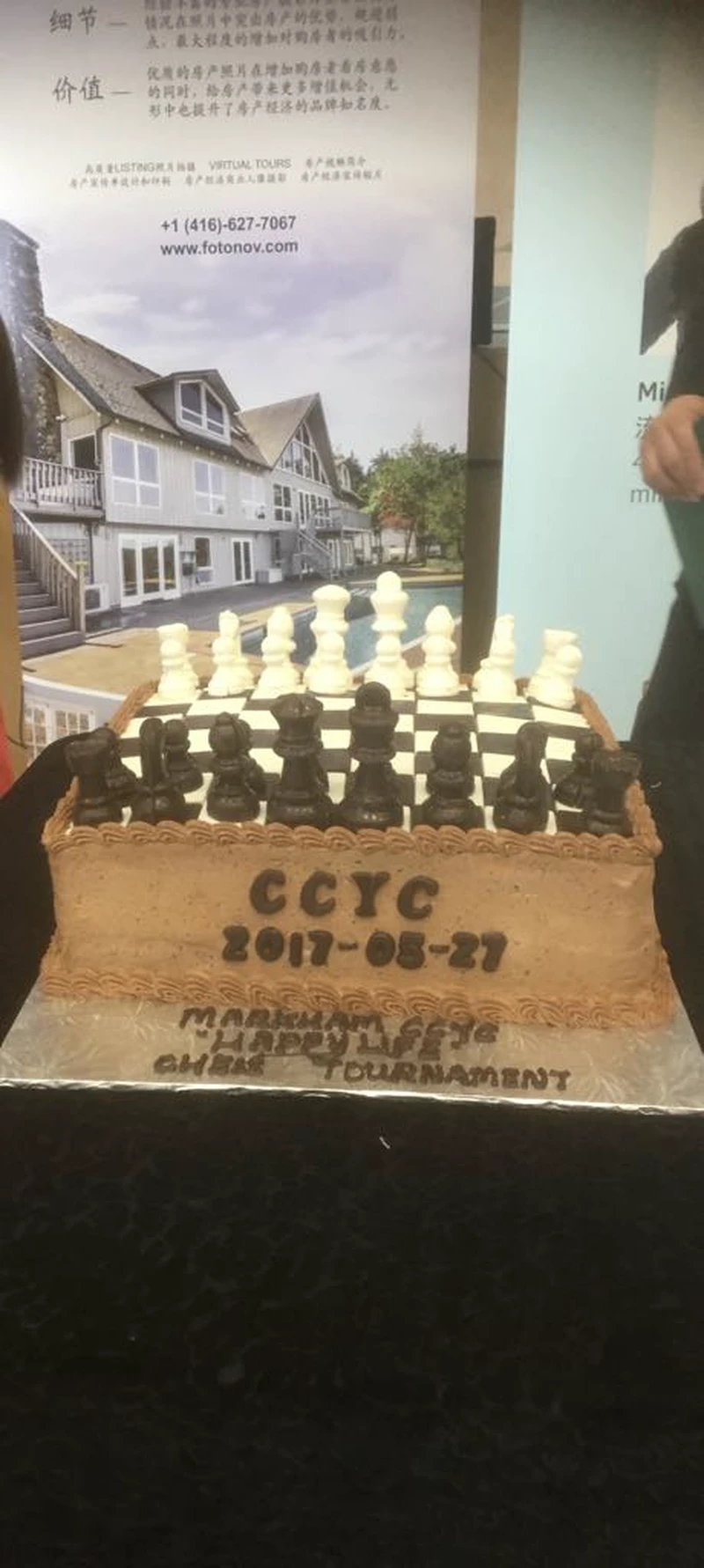

Box of Chocolate Surprises

Life is like a box of chocolates, you never know what you’re gonna get” ~Forrest Gump
Don’t feel like measuring your opening memory against your opponent’s? Surprise them with something they’ve never seen before (or at least with something they haven’t reviewed in the last 24 hours)! With the rise of strong engines like Leela, almost any line can be made playable, however dubious its reputation. Players like Morozevich, and Rapport made whole careers out of this approach, incorporating openings like the Chigorin, the Albin Countergambit, King’s Gambit, the Burn French, and all kinds of sidelines on the right occasions.
Pros: Your opponents will have to waste precious time trying to figure out the nuances of these positions, while you will have a head start. Your opponent’s knowledge goes out the window so they are more likely to go astray early. Usually you will avoid whatever surprise they have waiting for you, like any targeted prep for your openings. It helps to be inspired by learning something new, as you will get pawn structures you’ve never seen before, and in the process become a more well-rounded player.
Cons: Your surprise might surprise you too, as you leave the familiar shores of positions you’ve played hundreds of times. Looking at some possible lines before a game doesn’t constitute experience, and one unexpected move might leave you both shipwrecked, with no clue of what’s going on. Surprises aren’t main lines for a reason, and if your opponent knows those ‘reasons’ or even figures them out, your position won’t be as good as in main lines. The surprise goes away but the position stays…Lastly, surprises are usually one-hit wonders as your next opponent will have the privilege of checking the line with an engine, effectively disarming the idea. So you’ll need a whole barrage of these ideas up your sleeve…
Here are some examples of surprises in modern chess:
The good
https://lichess.org/study/XYs88rYg/NeBNMFX6
Beating Nakamura in a World Rapid Championship game with 1.a4!? shows that a) no one is immune to surprises, b) the faster the time control, the more effective the surprise, and c) new pawn structures can overcome years of experience. Keep in mind that Brandon had to play brilliantly in order to justify his surprise and overcome Hikaru’s stubborn defense, so don’t expect your ideas to win the game for you.
The Bad
https://lichess.org/study/XYs88rYg/zVWdebK0
The newly crowned World Champion Gukesh decided to surprise Max with 1…d6, hoping for a Black Lion Philidor or some sort of Pirc/Modern setup which Max turned back by surprising Gukesh with 2.g3!?. So why do I put this game into the bad category? Because Gukesh seemed fairly unprepared for this line which netted Max a substantial advantage, and Max knew the opening setup but didn’t understand the resulting middlegame well, starting with 13.Na4 instead of Nd5. This exchange of surprises is typical for high-level chess these days, as both opponents race to get their engine ideas on the board first even at the cost of playing slightly sub-optimal moves. Gukesh managed to win in the end thanks to his excellent sense of initiative, but it had nothing to do with the merit of his opening.
The Painfully Ugly
https://lichess.org/study/XYs88rYg/yW63OuuR
After getting inspired by Dubov’s brilliancy against Karjakin, I decided to try the Dubov Italian Gambit for myself. Bought a Chessable course, memorized some lines, and couldn’t wait to spring this on someone, as the positions are super-interesting and rare. All it took was one bad move (14. Bb2) and I only surprised myself, being down on the clock and the position soon thereafter. With an open king, even a 300 point gap couldn’t save the draw. I remember looking at my sad pieces and asking why, oh why couldn’t I just play a boring Four Knight Spanish and go to some endgame which I can press for a 100 moves? Why did this search for adrenaline lead me here? The moral being that just like everything in life, for surprises there is a right time and a right place.
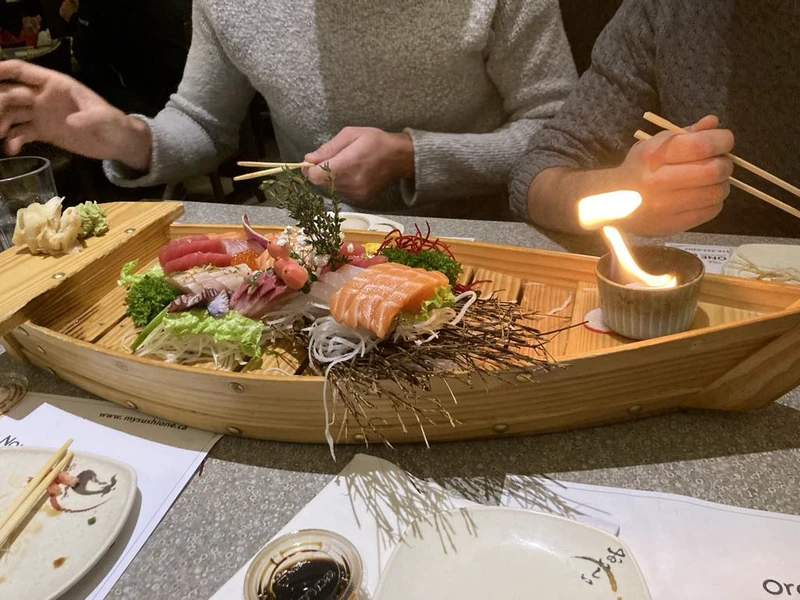
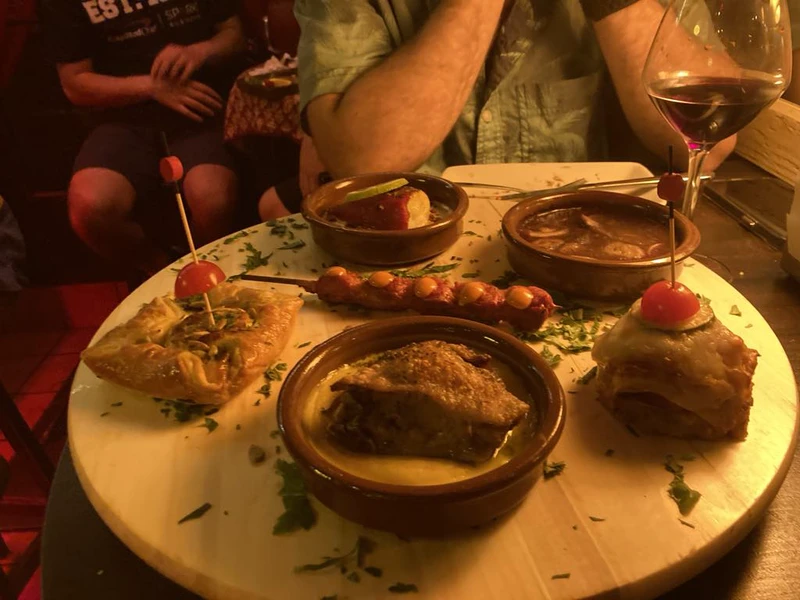
Funny Opening Prep Story
In the 1965 Capablanca Memorial, GM Ratmir Kholmov found the supply of Cuban Rum in the hotel they were staying. Coming from the Soviet Union which had no such luxeries, he took full advantage of this supply, and was in a bad state when Vassily Smyslov got to him.
“Aren’t you playing Fischer tomorrow? Let’s go upstairs and get you ready” said Vassily. So they went to Smyslov’s suite and started preparing a novelty in the Closed Spanish variation. Ratmir was in such a state that Smyslov was convinced that this whole effort would be futile. The following morning, when Ratmir sat at the board, he realized how much trouble he was in. Fischer was a national enemy that had to be defeated for the sake of the Soviet Union. If he lost, the authorities would make sure he’d never hear the end of it, especially considering his drunkenness the day before. He started sweating and went into overdrive, knowing how important this game was to his future. Miraculously, he did remember the Closed Spanish variation from the night before, and this exact line was played out, allowing Ratmir to get his first win over Fischer!
https://lichess.org/study/XYs88rYg/ptOn8OAj
Finally, I don’t want to overestimate the importance of openings as there are other aspects that matter a lot more, such as chess understanding. To prove this point, let me tell you the story of IM Mark Plotkin’s approach to openings. Once before a classical game Mark couldn’t decide on an opening line to play, and asked me to help choose. Because he was playing a lower-rated opponent (still a CM mind you) we decided to make it a challenge. Without telling me, he numbered every possible move for black from left to right, with 1…a6 being #1 and 1…Nh6 being #20. He asked me to pick a number, so I picked #11, which happened to be 1…f6. To add to the fun, we decided to test the thesis that he plays better in blitz than classical. The time control was 90+30 so we said if he goes under 90 minutes at any point in the game, he has to resign.
The game went 1.e4 …f6, with white throwing all the center pawns at Mark to punish this insolence. Needless to say, Mark won with 102 minutes left on his clock at the end of that game. So much for theory!
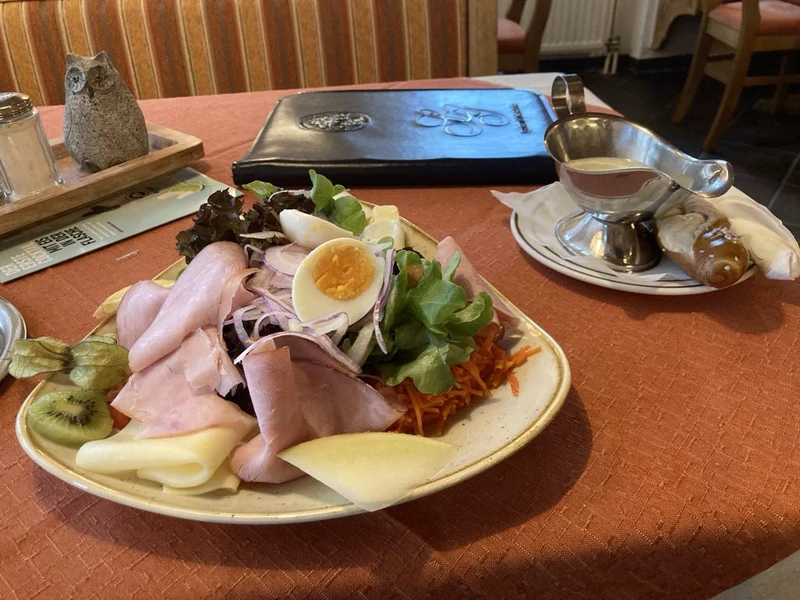
Bavarian Portions

Cinnamon ice-cream with nuts and berries
I hope you enjoyed this post.
I run an online chess school for kids and teenagers, if you’re interested, you can find more details here and do a level assessment here.
If you are interested in working with me personally, this is my coaching page. Please send me a message with a short introduction of yourself and we can discuss the details.

